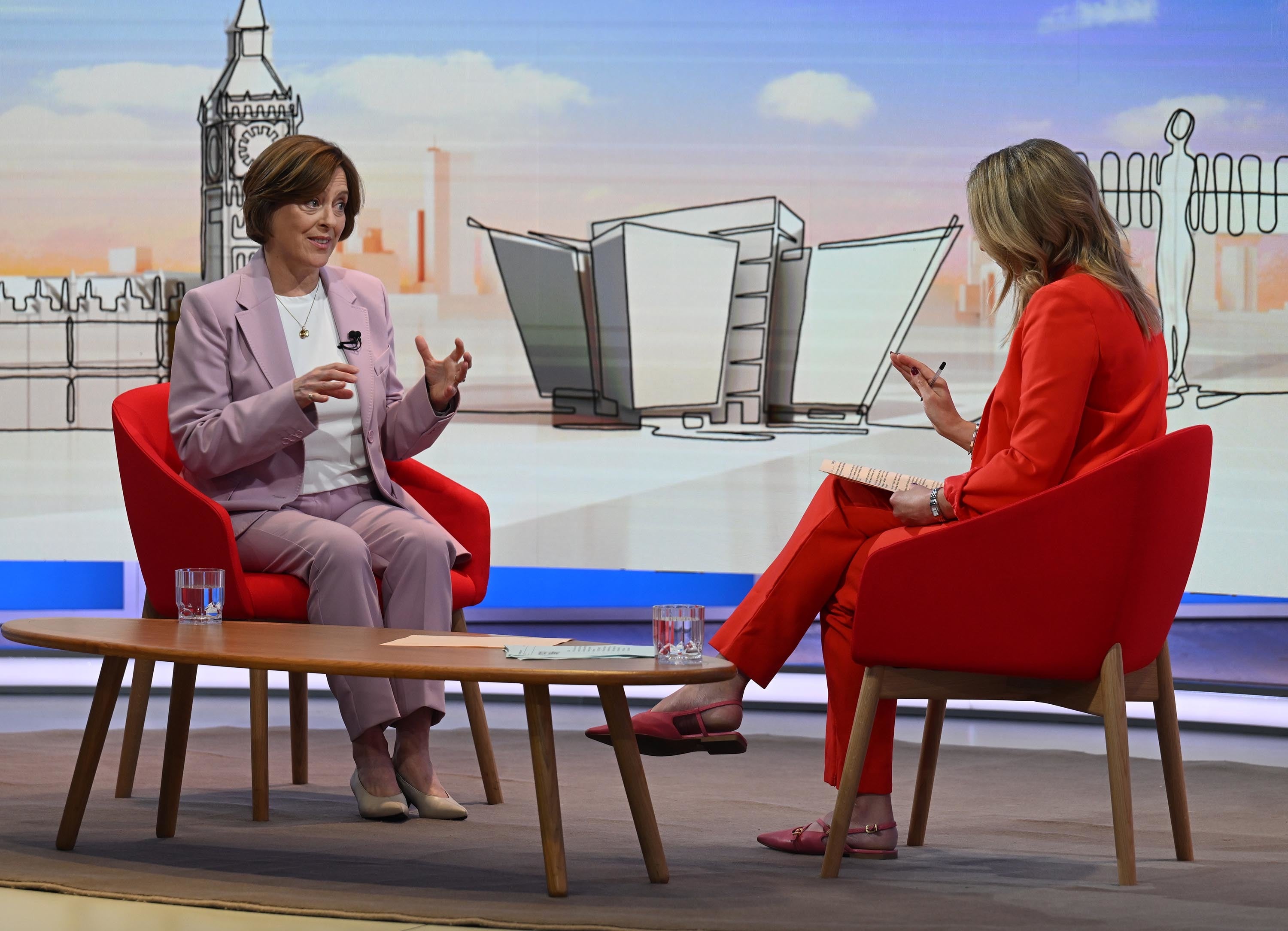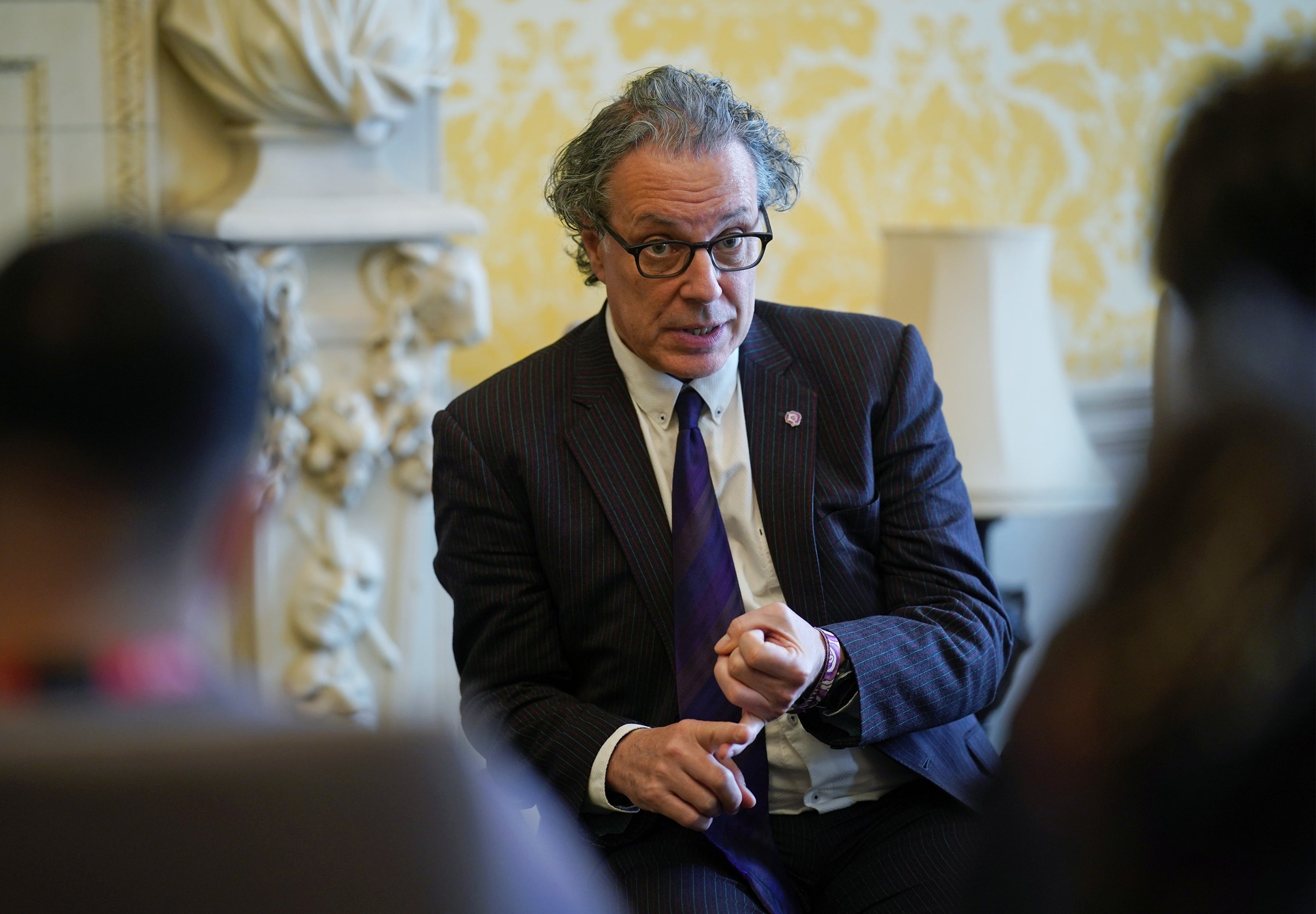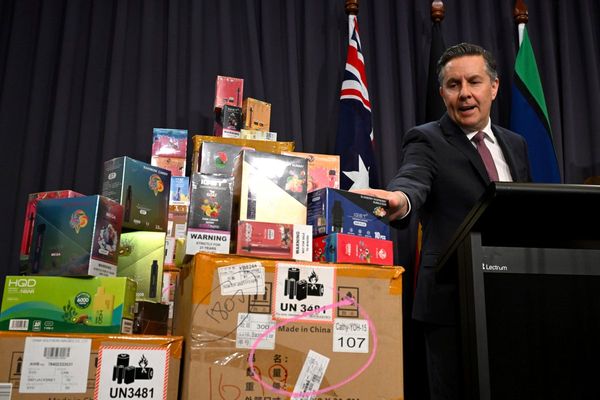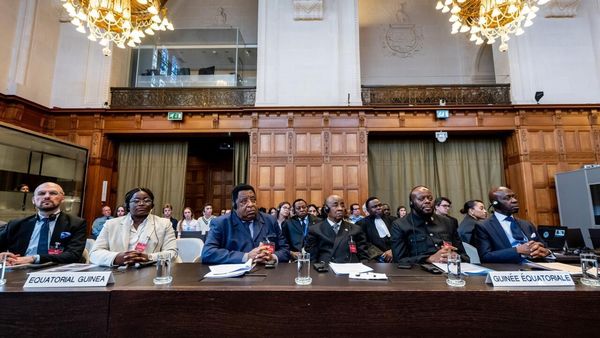
Technology companies are not being given much power over measures to provide greater protection to children online, the head of Ofcom has said as she defended upcoming reforms.
The regulator announced last month that sites containing potentially harmful content, like porn sites, will have to perform age checks on users as part of reforms which apply to both dedicated adult sites and social media, search or gaming services as part of the Online Safety Act.
Ian Russell, who has been campaigning for improved online safety since his 14-year-old daughter Molly took her own life after viewing harmful content on social media, said Ofcom needs to “act within the bounds of the Act in the strongest possible way” and communicate weaknesses in the legislation to the Government.
Ofcom’s chief executive Dame Melanie Dawes told BBC’s Sunday with Laura Kuenssberg: “We’ve set out about five or six things that we think can work, like facial checks and using things where you’ve already been checked for your age, like credit cards or open banking.

“We said (to tech companies) you decide what works for your platform but we will be checking whether it’s effective and those that don’t put in those checks will hear from us with enforcement action.”
Responding to the suggestion that Ofcom is giving companies a lot of power over how they implement measures, Dame Melanie said: “No, we’re not giving them that much power actually. What I’m saying is that when they’re putting in age checks they need to work out what’s going to work on their service.
“But, let me be really clear, what we are demanding to protect children and what does come in force at the end of this month they’re going to need to tame those algorithms so that not just porn and suicide and self-harm material must not be shown but also violent content, dangerous challenges, misogyny, all of that must not be fed actively to kids on their feeds.”
Pressed on why those types of content are not being blocked altogether, the chief executive said: “What Parliament decided was that there should be an absolute block on suicide and self-harm material and pornography for under-18s and, then, what we’ve done is also add to that other types of content that we think is really harmful for children.”

She added: “I’m not a politician and I think it’s incredibly important that Ofcom respects the role that we have which is to implement the laws that we’ve been given.
“If Parliament decides to widen those towards mis- and disinformation, or wider issues around addiction for the kids, for example, then of course, Ofcom stands ready to implement that.”
Mr Russell said on the programme that it “sounds promising” but the proof will be in what happens in practice.
He said: “(Ofcom) need to act within the bounds of the Act in the strongest possible way.
“They’re sitting in the middle pushed on one side by families who’ve lost people like me and pushed on the other side by the power of the big tech platforms.
“I also think it’s really important that Melanie starts to talk back to Government because Ofcom is clear about where the act is weak and she needs to push back and communicate those weaknesses to the Government so that we can make change where necessary.”
He said the charity he set up in his daughter’s name, the Molly Rose Foundation, will be monitoring how harmful content online is reduced.
Any company that fails to comply with the checks by July 25 could be fined or could be made unavailable in the UK through a court order.
Transport Secretary Heidi Alexander said those changes in the law are “really important”, adding it was now up to technology companies to put in “robust safeguards” for children using their platforms.
But she suggested it was not the end of ministers’ plans, telling the BBC’s Sunday with Laura Kuenssberg: “We are very clear as a Government that this is the foundation for a safer online experience for children, but it is not the end of the conversation.
“Peter Kyle, the Technology Secretary, has been clear that he wants to look at things such as addictive habits and how we create healthier habits for children online in the same way as we talk about healthier physical habits for children.”
Ministers “will keep under review what is required”, Ms Alexander added.
Ofcom research found that 8% of eight to 14-year-olds in the UK had visited an online porn site or app on smartphones, tablets or computers in a month.
Last month, the regulator said it had launched a string of investigations into 4chan, a porn site operator and several file-sharing platforms over suspected failures to protect children, after it received complaints about illegal activity and potential sharing of child abuse images.
A report looking into the use and effectiveness of age assurance methods will be published by Ofcom next year.







